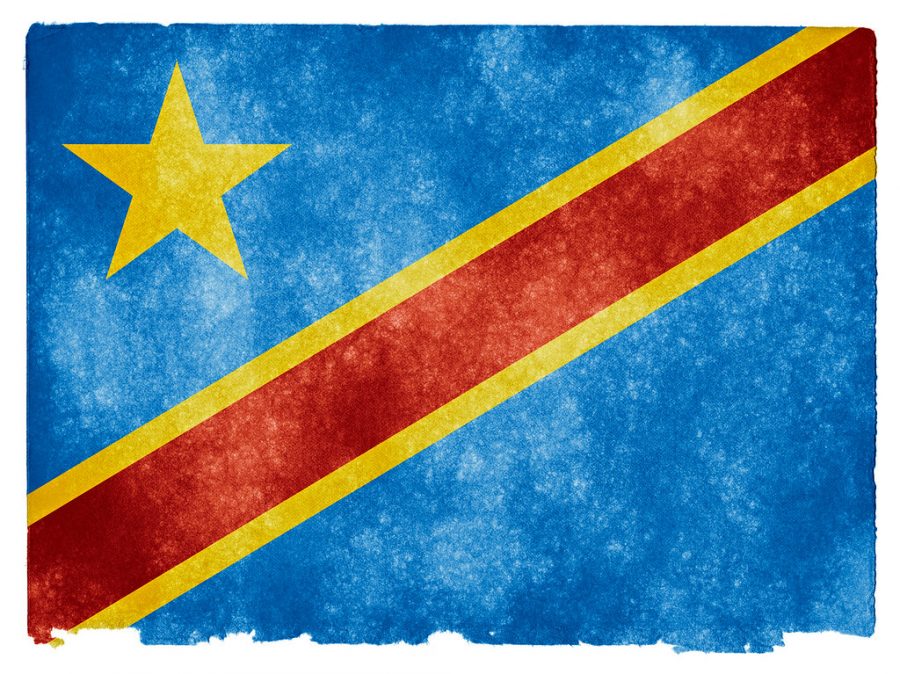DRC Is Bleeding
October 30, 2020
One of the most anticipated events in 2020 was the release of the new iPhone, a well-earned excitement in lieu of the rollercoaster of a year. The iPhone 12 Pro is innovation at its finest, well-crafted technology turned into a handheld device. There’s no arguing with the new phone’s aesthetically pleasing colors. The Democratic Republic of the Congo (DRC), however, is paying the price. Congolese children are dying in slave mines, scavenging for the minerals required to produce our smartphones, laptops, and television.
As Western countries flock to the mineral-rich nation, negligent governments turn their backs to the rapid spread of disease and violence affecting innocent civilians. The Democratic Republic of the Congo has been haunted by the control of Belgium’s King Leopold II (1885-1908), and ever since then, the nation has only known ruthless bloodlust at the hands of self-serving governments. The world’s response to the cries of Congolese citizens for help has been silence. In recent decades, there have been millions dead, perhaps half of those children, and yet many continue to remain ignorant of the continued torment facing the nation.
Western nations have not sent aid to Congo but instead armed ruthless militias, which have been exploiting women and children in the mines. Under unbearable heat, in thick mud, and with bleeding hands, children are forced into tight spaces to find minerals that will benefit corporations such as Apple and Google.
Our phones and even the laptop that I’m using right now are the end result of this process. Did a child die for me to have this technology? Foreign governments and Western companies assure us of their fair practices and ethical business strategies. But are the lives of Congolese citizens worth the latest iPhone? As I sit here typing, my iPad glowing, my laptop humming a calming song, I realize that there is incredible privilege in not having to question what sacrifices were made to obtain this technology.
